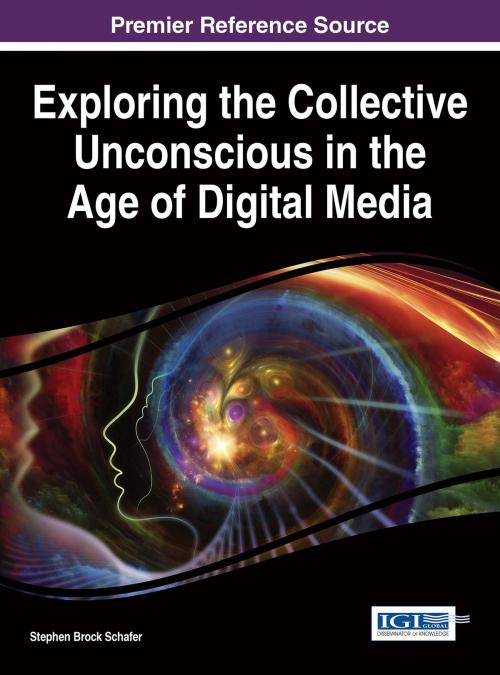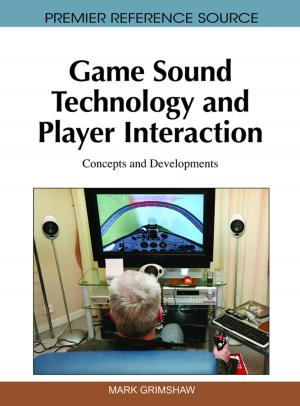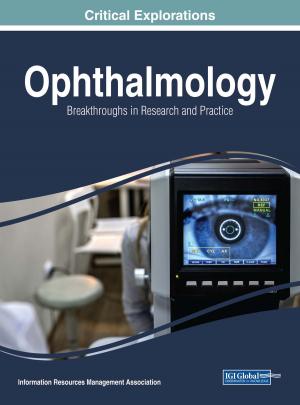Exploring the Collective Unconscious in the Age of Digital Media
Nonfiction, Health & Well Being, Psychology, Cognitive Psychology, Computers| Author: | ISBN: | 9781466698932 | |
| Publisher: | IGI Global | Publication: | January 28, 2016 |
| Imprint: | Information Science Reference | Language: | English |
| Author: | |
| ISBN: | 9781466698932 |
| Publisher: | IGI Global |
| Publication: | January 28, 2016 |
| Imprint: | Information Science Reference |
| Language: | English |
For decades we have witnessed the emergence of a media age of illusion that is based on the principles of physics—the multidimensionality, immateriality, and non-locality of the unified field of energy and information—as a virtual reality. As a result, a new paradigm shift has reframed the cognitive unconscious of individuals and collectives and generated a worldview in which mediated illusion prevails. Exploring the Collective Unconscious in a Digital Age investigates the cognitive significance of an altered mediated reality that appears to have all the dimensions of a dreamscape. This book presents the idea that if the digital media-sphere proves to be structurally and functionally analogous to a dreamscape, the Collective Unconscious researched by Carl Jung and the Cognitive Unconscious researched by George Lakoff are susceptible to research according to the parameters of hard science. This pivotal research-based publication is ideally designed for use by psychologists, theorists, researchers, and graduate-level students studying human cognition and the influence of the digital media revolution.
For decades we have witnessed the emergence of a media age of illusion that is based on the principles of physics—the multidimensionality, immateriality, and non-locality of the unified field of energy and information—as a virtual reality. As a result, a new paradigm shift has reframed the cognitive unconscious of individuals and collectives and generated a worldview in which mediated illusion prevails. Exploring the Collective Unconscious in a Digital Age investigates the cognitive significance of an altered mediated reality that appears to have all the dimensions of a dreamscape. This book presents the idea that if the digital media-sphere proves to be structurally and functionally analogous to a dreamscape, the Collective Unconscious researched by Carl Jung and the Cognitive Unconscious researched by George Lakoff are susceptible to research according to the parameters of hard science. This pivotal research-based publication is ideally designed for use by psychologists, theorists, researchers, and graduate-level students studying human cognition and the influence of the digital media revolution.















